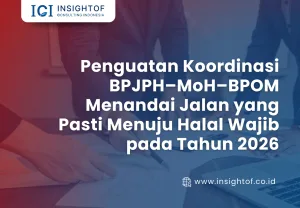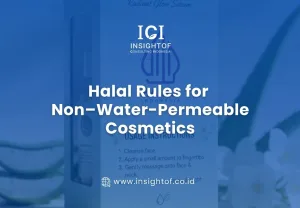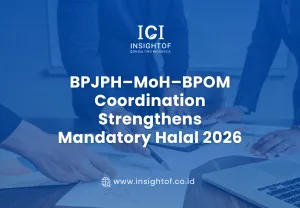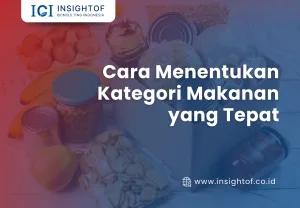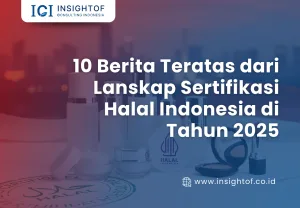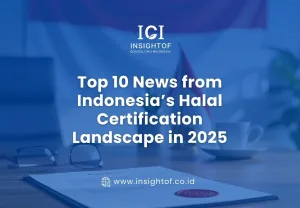Cosmetics have become an essential part of modern life. For Muslims in Indonesia, ensuring that the cosmetic products they use are halal is a must. The Indonesian Ulema Council (Majelis Ulama Indonesia – MUI) has issued several fatwas that serve as key guidelines in determining the halal status of cosmetics, covering general standards, the use of alcohol, and waterproof cosmetic products.
Below is a comprehensive guide to three major MUI fatwas related to halal cosmetics:
💡I. MUI Fatwa No. 26 of 2013: Standards for the Halalness of Cosmetic Products and Their Use
This fatwa serves as a general foundation for halal cosmetic standards, defining principles and legal rulings related to ingredients and usage.
1. General Principles of Halalness
In Islam, beautification (tazayyun) is encouraged, and the use of cosmetics is permissible (mubah) as long as it fulfills two main conditions:
- Cosmetic ingredients must be halal and pure.
- Cosmetics must not cause harm (dharar) to the user.
2. Classification and Legal Status of Cosmetics
| Type of Cosmetic | Definition | Legal Status |
|---|---|---|
| Internal Cosmetics | Cosmetics used through the mouth, nose, or other internal organs (e.g., mouthwash, lipsticks that may be ingested, toothpaste, or injectable cosmetics). | Must be Halal and Pure, free from haram or impure substances. |
| External Cosmetics | Cosmetics applied externally for beautification or personal care (e.g., hand body lotion, hair tonic, mascara). | Must be Halal and Pure. If they contain haram or impure ingredients and there is no urgent necessity, their use is prohibited (haram). |
3. Prohibited and Impure Ingredients
Cosmetics made from haram or impure materials—such as pork and its derivatives, or human body parts—are considered haram and impure. Therefore, all cosmetic products must be verified to be free from these ingredients.
💡II. MUI Fatwa No. 11 of 2018: Cosmetic Products Containing Alcohol/Ethanol
This fatwa specifically addresses public concerns regarding the use of alcohol or ethanol in cosmetic products such as perfumes or toners.
1. Differences in Alcohol/Ethanol Sources
MUI distinguishes the legal status of alcohol/ethanol based on its source of production:
| Source of Alcohol/Ethanol | Legal Status | Usage Rules |
|---|---|---|
| Alcohol Derived from Khamr Industry (Intoxicating Liquor) | Haram and Impure. Khamr is considered impure (najis). | Prohibited for use in cosmetics. |
| Synthetic Chemical (Petrochemical) Alcohol | Pure and Permissible (Halal). | Permitted for use without limitation, as long as it is medically safe. |
| Non-Khamr Fermentation Alcohol | Pure and Permissible (Halal). | Permitted for use without limitation, as long as it is medically safe. |
2. Key Points
This fatwa clarifies that alcohol or ethanol used in cosmetics is not automatically haram unless it originates from the intoxicating liquor industry. If it comes from petrochemical synthesis or non-khamr fermentation (such as for vinegar or bioethanol), it is considered pure and permissible for use as a solvent or additive — without any concentration limit.
💡III. MUI Fatwa No. 60 of 2020: Halal Certification Standards for Non–Water-Permeable Cosmetics
This fatwa is especially relevant for decorative cosmetics applied to parts of the body that must be washed during purification rituals, such as the face or nails. Its main objective is to ensure the validity of worship (such as prayer) that requires ablution (wudhu) or full-body purification (ghusl).
1. Validity of Purification (Wudhu and Ghusl)
- Invalid: If cosmetics create a layer that prevents water from reaching the skin, ablution or purification is not valid.
- Valid: If the cosmetic is water-permeable or does not form a blocking layer (e.g., it only stains or absorbs into the skin), purification remains valid.
2. Halal Certification Standards
Non–water-permeable cosmetics can still be certified halal under two important conditions:
- Product Explanation: The manufacturer must clearly disclose that the product is non–water-permeable.
- Cleaning Instructions: The manufacturer must provide clear guidance for Muslim consumers on how to remove the cosmetic from body parts that must be washed before performing ablution or ritual bathing.
Conclusion
These MUI fatwas reflect the Council’s commitment to providing clear and practical guidance for Indonesian Muslims in choosing and using cosmetics that align with Islamic principles.
- Halal Foundation: Cosmetics must be made from halal and pure ingredients, free from haram or impure materials (Fatwa No. 26/2013).
- Clarification on Alcohol: The use of alcohol or ethanol is permissible as long as it does not originate from the intoxicating beverage industry, even without concentration limits (Fatwa No. 11/2018).
- Worship Priority: Non–water-permeable cosmetics must be completely removed before ablution or ritual bathing to ensure valid worship. Such products must include cleaning instructions for halal certification (Fatwa No. 60/2020).
By understanding these fatwas, Muslim consumers can make informed choices, and cosmetic manufacturers can ensure their products meet Indonesia’s highest halal standards.
Do you need assistance registering your product in Indonesia?
Contact us today to start your registration process.

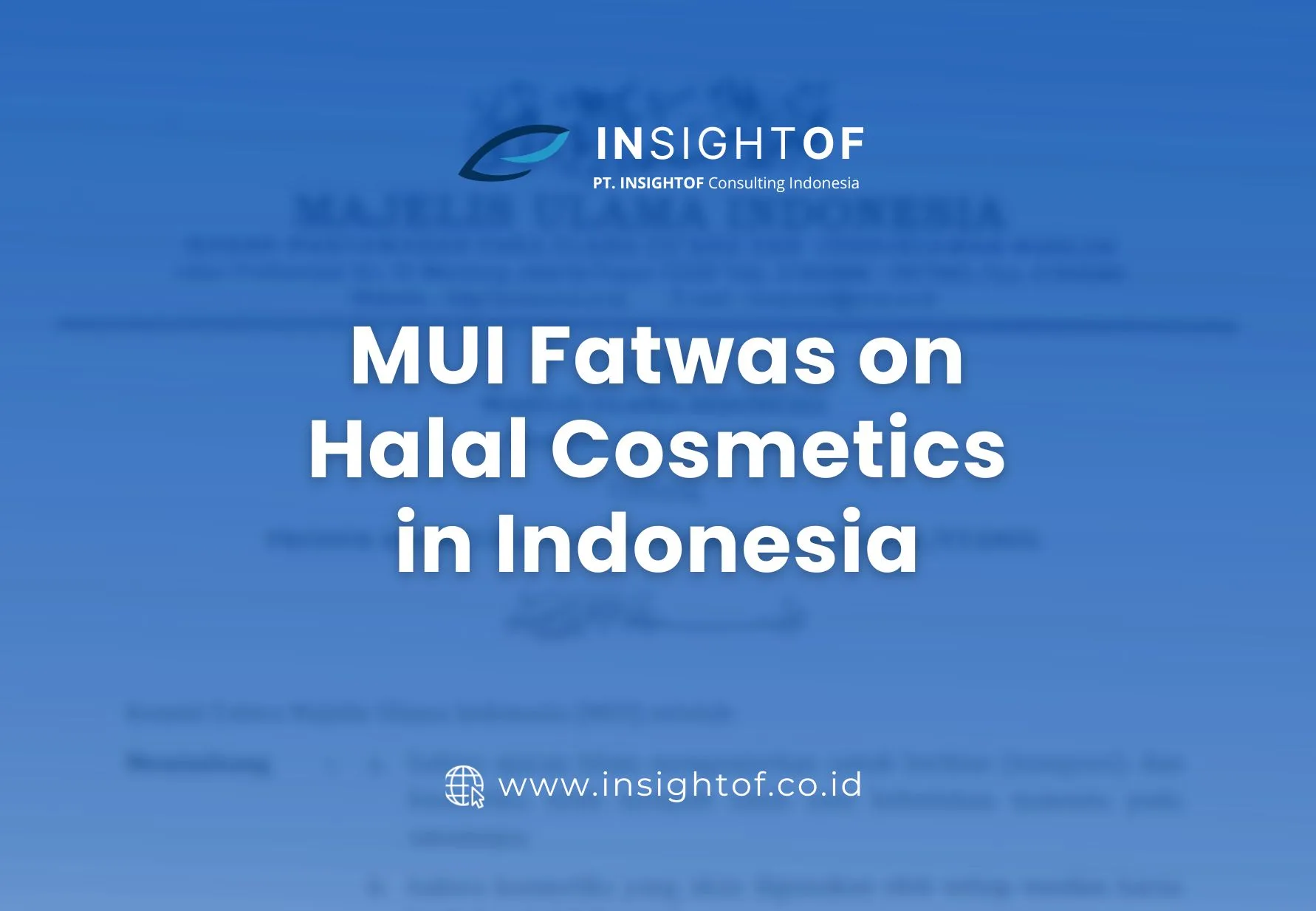


.svg/240px-YouTube_social_red_squircle_(2017).svg.png)
